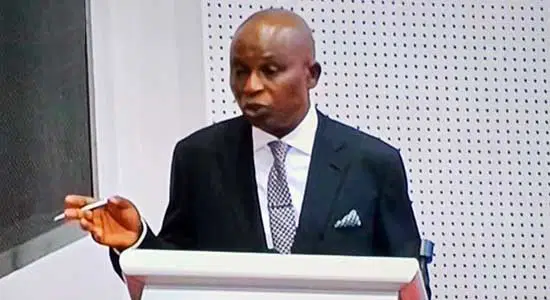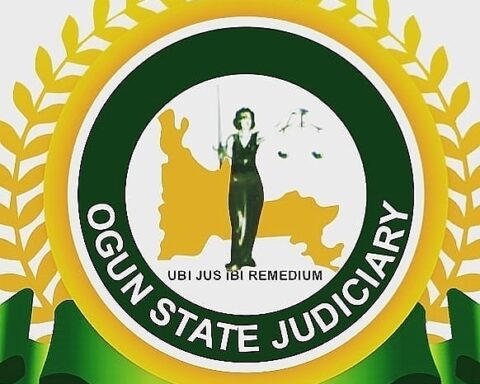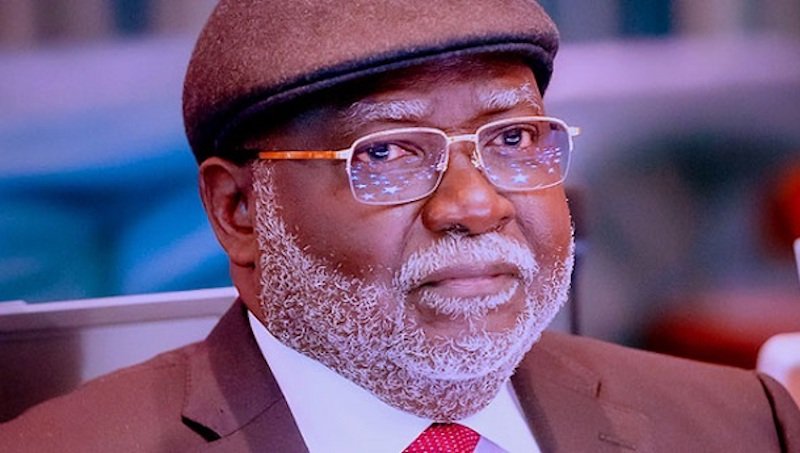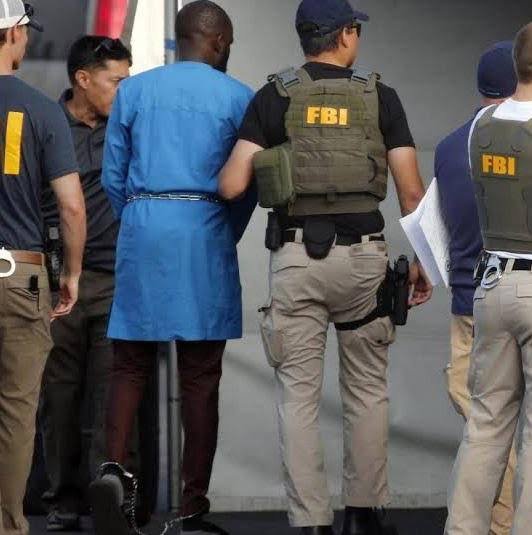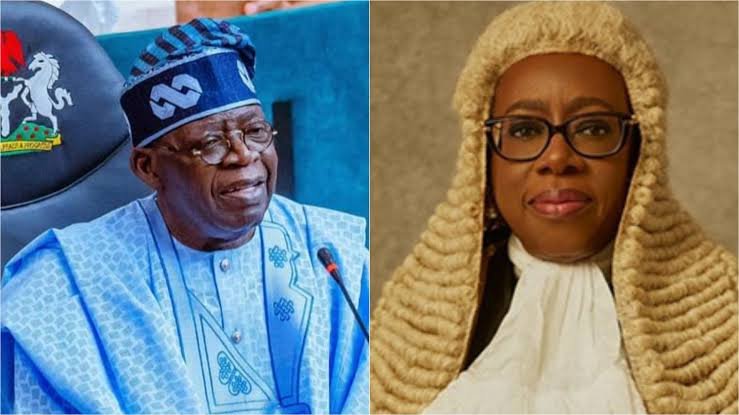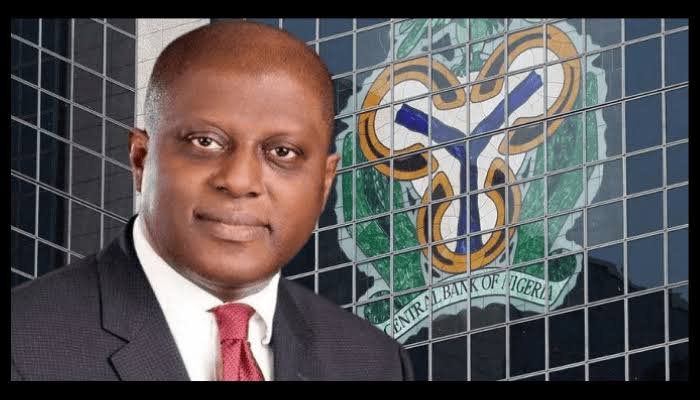By ADEMOLA TIJANI
Nigeria’s Attorney General and Minister of Justice, Lateef Fagbemi, has denied circulating reports that a US District Court authorized the seizure of $21 million from Nigeria’s JP Morgan account.
The Ministry of Justice released yesterday (Wednesday, September 25) an official statement signed by the Minister and Attorney General of the Federation, Lateef Fagbemi refuting what it termed “inaccurate publications” propagated by certain media outlets.
The ministry stressed that no such authorization had been issued by the US District Court.
The statement specifically addressed claims made by Peoples Gazette and other news platforms, which had reported that the US District Court had authorized an individual, Louis E. Williams, to seize $21 million from Nigeria’s account with JP Morgan.
The ministry was quick to clarify the situation, debunking the reports as entirely false. Fagbemi noted that these claims were similar to an earlier inaccurate publication by Peoples Gazette on August 21, 2023. That report alleged that a UK court had authorized Williams Emovbira, a victim of the State Security Service (SSS) in the 1980s, to seize $21 million from a Central Bank of Nigeria (CBN) account held at JP Morgan in New York.
The Attorney General’s statement read: “The ministry wishes to set the record straight regarding an inaccurate publication by Peoples Gazette and others alleging that a US District Court has authorised a certain Louis E. Williams to seize $21 million from Nigeria’s account with JP Morgan.” The ministry went on to emphasize that none of the media outlets that published the story had sought any official comment or clarification from the Nigerian government. Fagbemi challenged these news organizations to provide a copy of the supposed US court order they cited in their reports.
At the heart of this legal controversy is British-Nigerian businessman Williams Emovbira, who alleges that he was mistreated and defrauded by Nigeria’s domestic intelligence agency, the SSS, during the 1980s. Emovbira is seeking $21 million in damages, which he claims is due to him as compensation for the abuses he suffered at the hands of the SSS. He argues that the Nigerian government is liable for these damages, and his legal team has pursued action in courts outside Nigeria to enforce this claim.
However, the Nigerian Ministry of Justice was clear in its rebuttal. It explained that the US District Court’s decision on August 21, 2024, only allowed Emovbira’s case to proceed to a substantive hearing, contrary to reports that funds had already been seized. “The ministry wishes to clarify that the court did not authorize any seizure of funds,” the statement read. Additionally, the Nigerian government has already filed an appeal against the court’s interlocutory decision and remains confident that the case will not result in any enforced payment or asset seizure.
The case involving Williams Emovbira dates back to the 1980s, a turbulent period during Nigeria’s military rule. Emovbira, a businessman, became embroiled in a high-profile dispute with the State Security Service (SSS), Nigeria’s intelligence agency. Under the military regime of General Ibrahim Babangida, the SSS was frequently used as a tool to suppress dissent and maintain control. Emovbira, like many others at the time, was caught in the crossfire of these political tensions.
In the mid-1980s, Emovbira found himself targeted by the SSS. He was arrested and detained without trial, a common practice during Nigeria’s military era. The specific reasons for his detention remain murky, but the broader political climate suggests that the SSS often acted against those who were perceived to be political threats or dissenters. Emovbira was held for an extended period without formal charges, in what was part of a pattern of arbitrary detention by the SSS.
Frustrated by his illegal detention, Emovbira took legal action, challenging the SSS’s authority. Through his legal counsel, he filed for a writ of habeas corpus, which demanded that his detention be reviewed in court to determine its legality. The case gained widespread attention because it raised critical issues about human rights, state overreach, and the abuse of power under military rule. Emovbira’s legal team based their arguments on Nigeria’s Constitution, which guarantees the right to personal liberty and protection from unlawful detention.
The courts ultimately ruled in Emovbira’s favor, ordering his release. This victory was seen as a rare triumph of justice in an era dominated by military repression. The case underscored the importance of judicial oversight and the rule of law, even in times of authoritarian rule. Emovbira’s case became a powerful symbol of the struggle for human rights in Nigeria, serving as a reminder that individuals could still challenge state power in the courts.
While the case did not lead to immediate widespread reforms in Nigeria’s security apparatus, it laid the groundwork for future legal precedents that emphasized accountability and transparency.
Emovbira’s legal battle remains a crucial moment in Nigeria’s journey toward human rights protection, highlighting the ongoing tension between state authority and individual freedoms.
